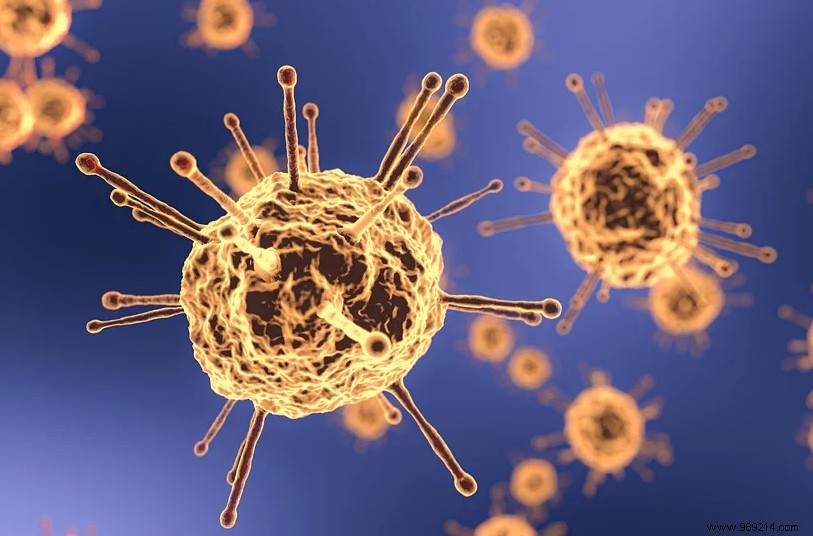A study recent indicates that children affected by the coronavirus would produce a smaller amount of antibody varieties compared to adults. These would also be less effective, but could paradoxically explain why the virus often spares the youngest.
According to the World Health Organization (WHO), the elderly and those with pre-existing conditions are more likely to develop severe forms of Covid-19. Nevertheless, the SARS-CoV-2 coronavirus can affect all age groups, even children. In a study published in the journal Nature Immunology on November 5, 2020, researchers at Columbia University Irving Medical Center (USA) believe that children produce less varied antibodies than adults. According to the scientists, this reduced variety of antibodies in children is synonymous with lower effectiveness. Nevertheless, it could explain why younger people often recover better and faster from a coronavirus infection.
Several studies have already shown that a strong immune response can cause more severe forms of the disease. Thus, the weak immune response of children would be the key to explaining their ease in overcoming the disease. This hypothesis could also provide an explanation for the low rate of transmission between them and the fact that many have no symptoms.
As part of their study, the US-based researchers analyzed four groups of Covid-19 patients . The first included nineteen adults recovering without hospitalization and the second, thirteen hospitalized adults suffering from respiratory distress. As for the third and fourth groups, they were respectively made up of sixteen hospitalized children suffering from multi-systemic inflammatory syndrome (similar to Kawazaki syndrome) and 31 children infected with Covid-19, half of whom were asymptomatic.
In each group, some subjects had antibodies. Nevertheless, these antibodies were different between patients . In both groups of children, the researchers found IgG antibodies. In adults who had the most significant symptoms, antibodies of several types were found (some of which are more neutralizing).

Donna Farber, lead author of the study, discusses a link between the magnitude of the immune response and the extent of infection. The immune response would be commensurate with the severity of the infection. Indeed, it takes more cells and immune reactions to eliminate a pathogenic agent present at a higher dose. The fact is that children's organisms are very suitable for spotting pathogens for the first time, because they have more naïve T cells that can recognize them. In contrast, adults often rely on their immunological memory and therefore react less well to novelty.
In conclusion, the leaders of the study put forward the hypothesis that in children, the disease caused by SARS-CoV-2 is a pathology like any other. Their immune system is able to deal with the problem more easily, thanks in particular to good antibodies and cells with fewer ACE2 receptors than those of adults. It should also be remembered that these receptors are the entry point for the virus into our body. Finally, you should know that scientists call for caution in their results because of the small sample size.